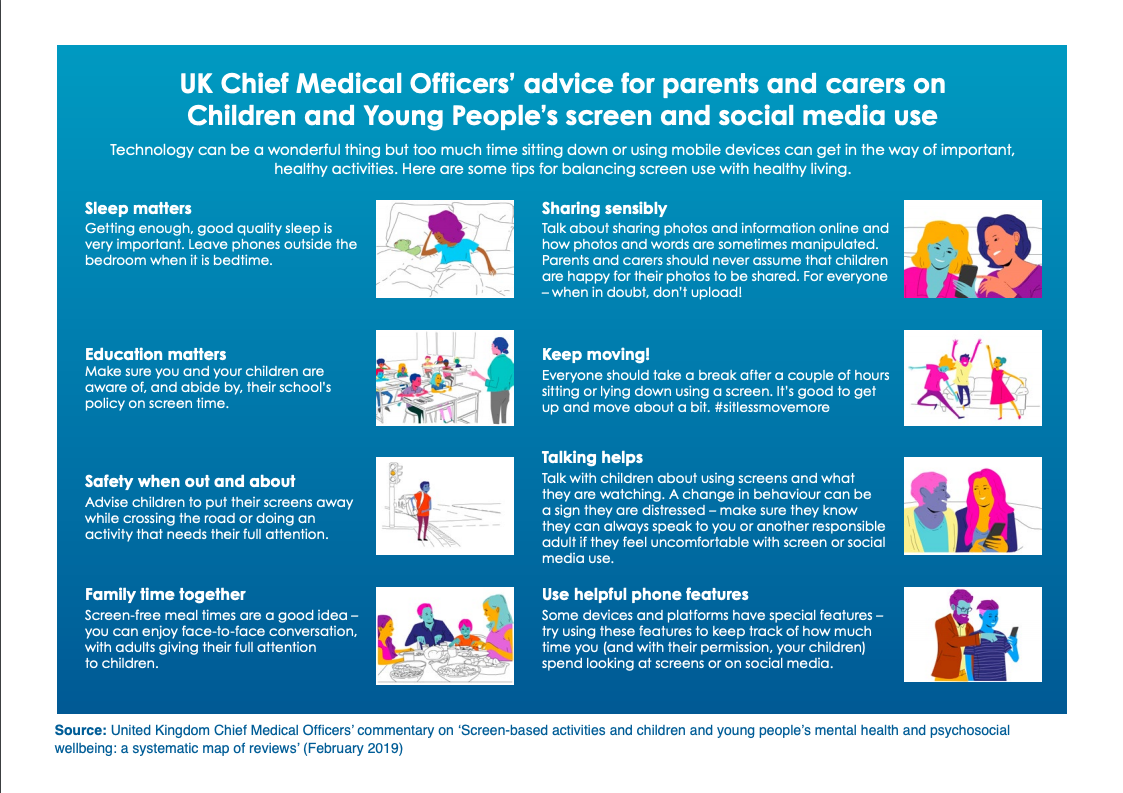E-Safety
Young people are spending an increasing amount of time online. Engaging in learning online has been extremely beneficial; however, as children gain confidence in using online resources, they will naturally explore other areas of the World Wide Web. Although this should be encouraged, like most everyday activities, it comes with its own risks.
Therefore, for young people to stay safe online, first and foremost, it is important that they have conversations about their online activities with adults who are part of their lives. For these conversations to happen, the adult doesn’t have to be an expert in technology but should use this trusted relationship to talk about online activities, people they are talking to, inappropriate behaviour and language, and any risks they might be taking. It is useful to remind young people that what is unacceptable in real life is also unacceptable online. Also, that it is safest to talk to people online who they know and trust in real life and that people may present themselves differently on social media.
Secondly, where appropriate monitoring and filtering, as well as parental controls, should be implemented. These controls should be at a level appropriate to the age and maturity of the young person.
There is a wealth of resources available. However, as a starting point, some of these can support and help parents/carers.
The internet is always changing, and keeping up-to-date with technology can be challenging. However, children and young people often need support with problems they experience online.








